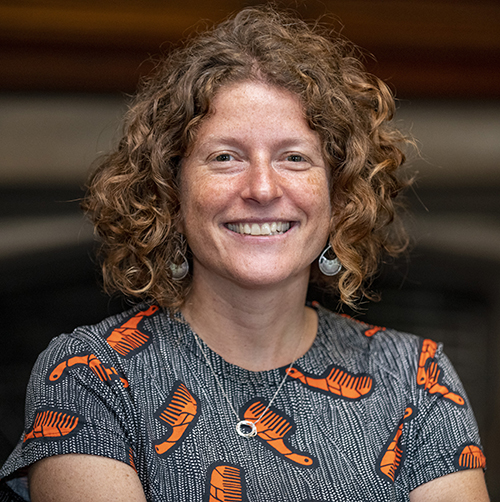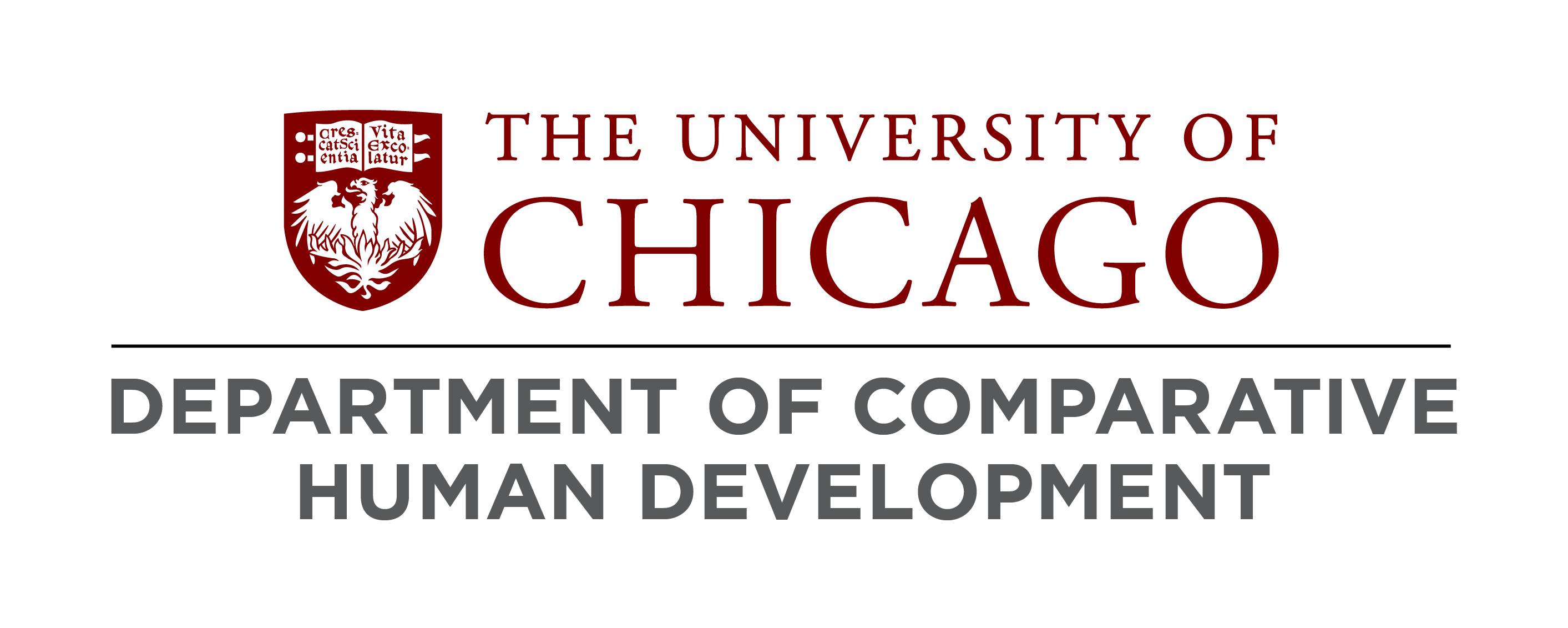
I am a medical anthropologist researching deaf and disabled peoples’ social, moral, religious, and economic practices, with a primary focus on deafness in India. Disability as category and experience have become increasingly salient in the international policy arena and in everyday life. At the same time, new technologies are emerging that provide possibilities for rendering disability malleable and even making people “normal.” In analyzing these phenomena, I ask what the category of disability does and what kinds of disability futures are desired and made possible. One of my enduring concerns is the relationship between stigma and value, and in particular the ways that disability enables the creation of different forms of value under late liberalism. I also analyze the emergence of new sensory infrastructures that crystallize around technologies such as cochlear implants and the ways that these technologies simultaneously normalize and erase disability. Within the broader category of disability, much of my work focuses on deafness as a productive site for interrogating questions of language, personhood, and sociality. Through individual and collaborative research and writing endeavors, I have worked to place disability and deafness in anthropological and other scholarly conversations about the state, the senses, and urban planning and development, as examples.
I have combined my interests in sensory anthropology, medical anthropology, and science and technology studies in my second book, Sensory Futures: Cochlear Implants and Sensory Infrastructures in India (2022, University of Minnesota Press), which was awarded the 2023 Rachel Carson Prize by the Society for the Social Studies of Science. The research and writing have been supported by a National Science Foundation Science, Technology, and Society Standard Grant (2020-2022) as well as the American Association of University Women (2020-2021) and the University of Chicago Franke Institute for the Humanities (2020-2021). The book focuses on both the emergence of public sector programs providing below-poverty-line children with cochlear implantation and the growth of a private implant market in India. I draw from interviews with cochlear implant manufacturer employees, Indian government administrators, surgeons and allied health professionals such as audiologists and speech and language therapists, and families as well as participation observation conducted in audiology and therapy clinics, homes, schools, and cochlear implant industry conferences. I explore how the Indian state has shifted its focus from the distribution of aids and appliances to the surgical implantation of a sense. This shift has demanded that implanted children and their families negotiate relationships of complex dependency upon the Indian state and multinational implant corporations. In addition, I argue that while cochlear implantation marks a move by the state to render itself indispensable through implantation within the body, what results are anxious and complex dependencies as the state also becomes dependent on multinational corporations.
Along with an increase in implantation, there is also now renewed attention paid to Auditory Verbal Therapy (AVT), a therapeutic method based upon isolating the senses and foregrounding audition that first gained popularity in the 1950s onwards in the United States and Europe. International AVT practitioners and trainers train Indian therapists, who in turn seek international AVT certification. I analyze the kind of sensorium that AVT practitioners desire to create and the formation of sensory infrastructures predicated upon creating listening and speaking “aural” children. My book argues that while cochlear implantation renders it increasingly possible to “become normal,” sensory normality has resulted in diminished possibilities for multisensory, multimodal, and multipersonal engagement. Families must transform how they relate to their children as well as perform elaborate and sustained maintenance work of senses and devices.
My 2015 book Valuing Deaf Worlds in Urban India (Rutgers University Press), based upon my dissertation research, analyzed how Indian Sign Language-speaking young adults in urban India work toward “deaf development,” or presents and futures in which deaf social, moral, and economic practices are foregrounded. These practices – both actual and aspirational – include teaching and helping other deaf people, sharing news and information, and creating deaf institutions such as schools, businesses, and old-age homes. As educational and livelihood opportunities for deaf people change in contemporary urban India, deaf young adults have begun to circulate through novel spaces, including vocational training centers, information technology offices, pyramid scheme recruitment sessions, and Christian churches and fellowships. These spaces are interconnected: while deaf youth learn typing, data entry, and soft skills at vocational training centers, they also discuss which churches they attend and the benefits of different pyramid schemes. Through collectively evaluating different NGOs, churches, employment options, and pyramid schemes, they work towards creating deaf development and better deaf futures. In each of these spaces, deaf young adults orient towards each other and often become disoriented from their natal families. They learn both a new language, Indian Sign Language, and ways of critiquing their families and society at large. In contrast to the majority of academic work on disability, which analyzes the experiences of disabled people through the lens of stigma or deprivation, the book analyzes how deafness and disability enable new regimes of value to emerge for deaf people themselves, NGOs, corporations and other employers, and the state.
I have research projects at various stages of development. As I continue to focus on deaf and disability futures in India, I am working with different kinds of data in the process and taking a longitudinal approach to cochlear implantation and deaf life trajectories. I am in the beginning stages of using a public database containing information and contact details of families who have received cochlear implants through India’s central government program. I am conducting interviews with families to learn more about the implantation process and their experiences with therapy and maintenance. In the process, I will research differences in technology and what it means to implant children or adults with older vs newer generations of hearing technology. As cochlear implants and other deafness interventions are sponsored by the state, I analyze the Indian state’s management of disability more broadly. And as cochlear implantation is an internationally accepted “gold standard” intervention on deafness, I am looking at the rise of programs providing cochlear implants to deaf children elsewhere in the world. Together with Mara Mills at NYU, I have received an National Endowment for the Humanities “Dangers and Opportunities of Technology” funding for a project on “The Global Cochlear Implant: Provincializing “Brain Implants” through Disability Technocultures.”
I am also conducting research on communication access and communication practices in carceral institutions in the United States and I have started a new research project looking at how communication happens and decisions are made under guardianship structures and supported decision making processes in the case of intellectual disability in the United States. How do guardians and community members engage in substituted decision making and best interest decision making, particularly in the absence of verbal and other forms of normative communication? In general, I am interested in how communicative personhood is recognized and negotiated.
Finally, returning to questions of categories, I research intersections in disability, diversity, and affirmative action in India, a project previously funded by the American Institute of Indian Studies. In this project, I analyze how the category of disability interacts with other categories of differentiation in modern India, specifically on central university campuses in New Delhi, India. The aim is to examine how students from different (disability, caste, tribal, and gender) backgrounds interact to perform “unity in diversity,” India’s first Prime Minister Jawaharlal Nehru’s famous phrase. In tracking these interactions, I interrogate the work that the category of disability does in modern India and explores how disability claims are exerted in the context of state-sponsored affirmative action programs.
Courses
My teaching covers a range of theoretical and substantive topics ranging from basic social theory to disability and dependency internationally to research methods. In the 2023-2024 academic year, I am teaching an undergraduate Big Problems course in the winter quarter titled Disability and Design. In the Spring, I will teach in the Self, Culture, and Society core.
Selected Publications: See attached cv
 THE UNIVERSITY OF CHICAGO
THE UNIVERSITY OF CHICAGO

